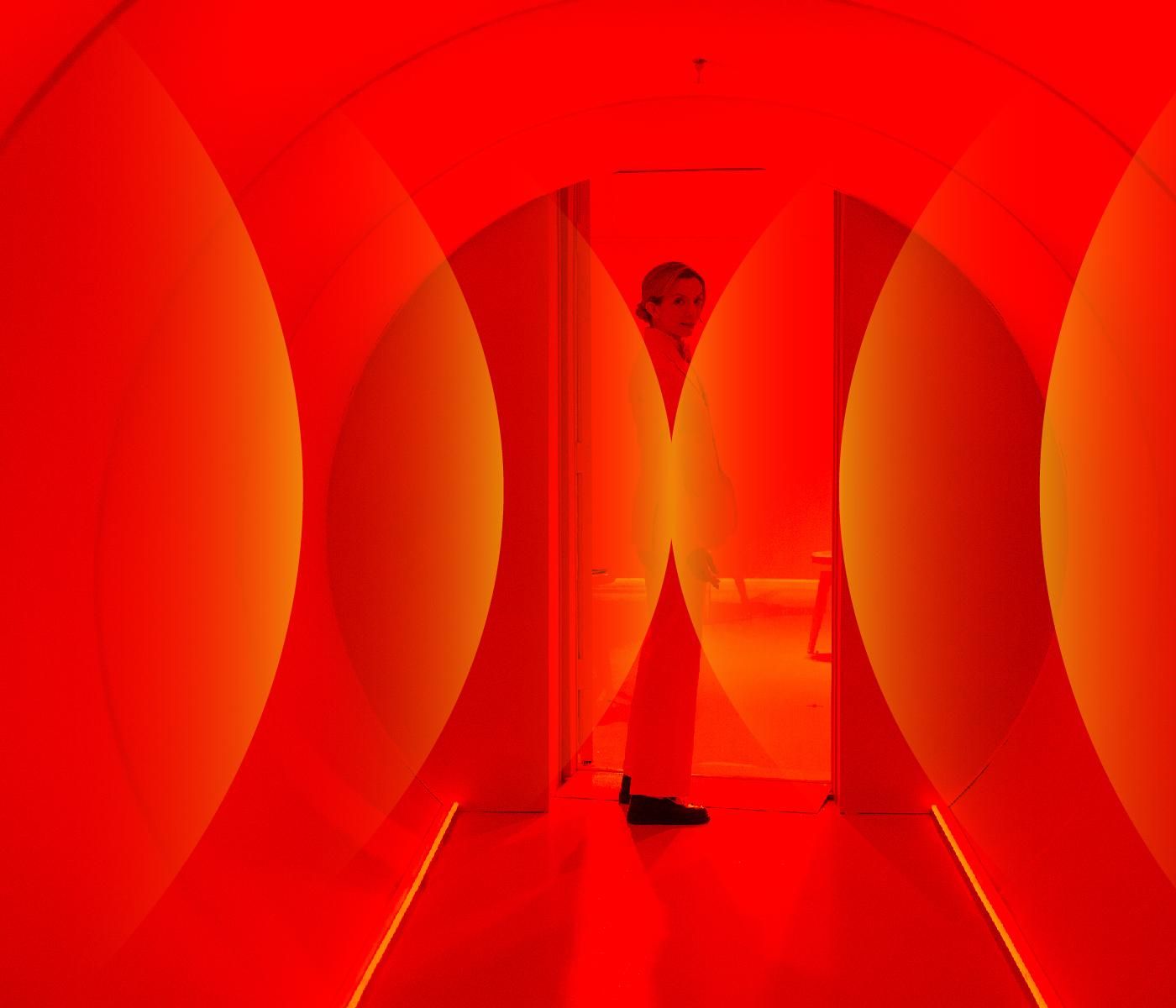
Chapters
Shownotes Transcript
It all started when the rockstar David Byrne did a Freaky-Friday-like body-swap with a Barbie Doll. That’s what inspired him — along with his collaborator Mala Gaonkar — to transform a 15,000 square-foot warehouse in Denver, Colorado into a brainy funhouse known as the Theater of the Mind.
This episode, co-Host Latif Nasser moderates a live conversation between Byrne and Neuroscientist Thalia Wheatley at the Denver Center for the Performing Arts. The trio talk about how we don’t see what we think we see, don’t hear what we think we hear, and don’t know what we think we know, but also how all that… might actually be a good thing.
*Special thanks to Charlie Miller and everyone else at the Denver Center for the Performing Arts, Emily Simoness and everyone else at the Arbutus Foundation, Boen Wang, and Heather Radke. *
Episode Credits:
Produced by Suzie Lechtenberg
CITATIONS
Theater of the mind website: https://theateroftheminddenver.com/
*Our newsletter comes out every Wednesday. It includes short essays, recommendations, and details about other ways to interact with the show. Sign up) (https://radiolab.org/newsletter)!**Radiolab is supported by listeners like you. Support Radiolab by becoming a member of The Lab)(https://members.radiolab.org/) today.*Follow our show on Instagram), Twitter) and Facebook) @radiolab, and share your thoughts with us by emailing [email protected]).
Leadership support for Radiolab’s science programming is provided by the Gordon and Betty Moore Foundation, Science Sandbox, a Simons Foundation Initiative, and the John Templeton Foundation. Foundational support for Radiolab was provided by the Alfred P. Sloan Foundation.
* *

